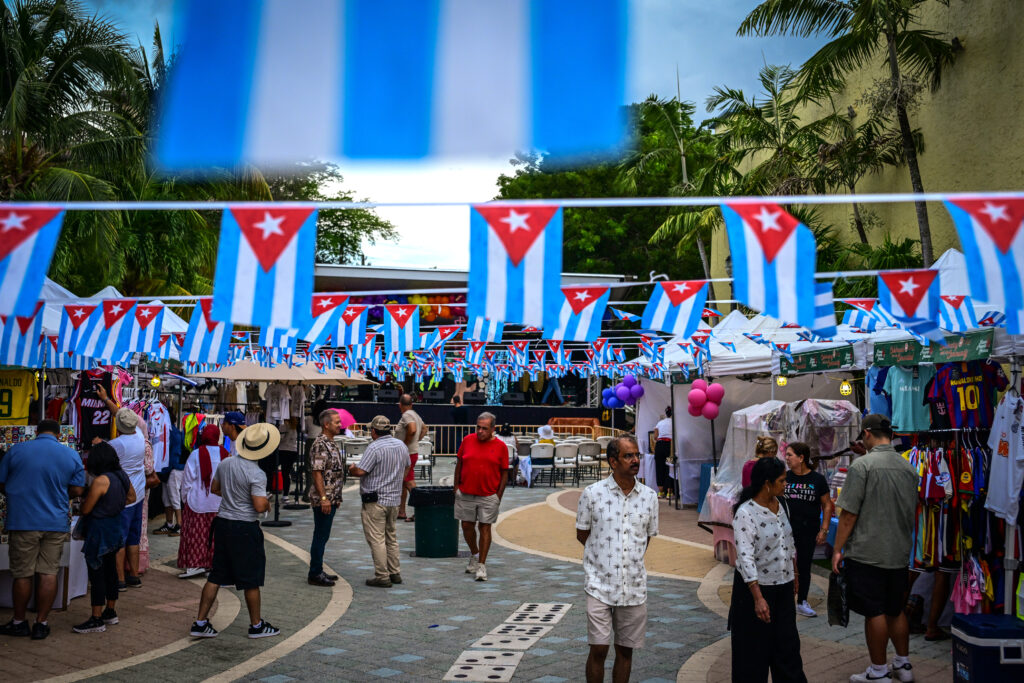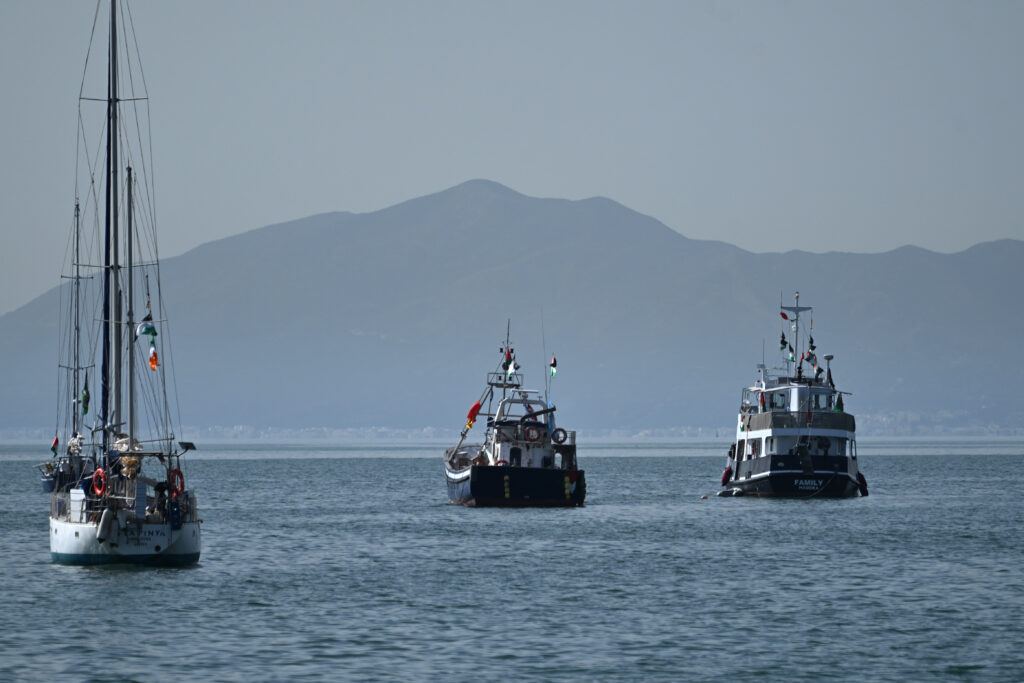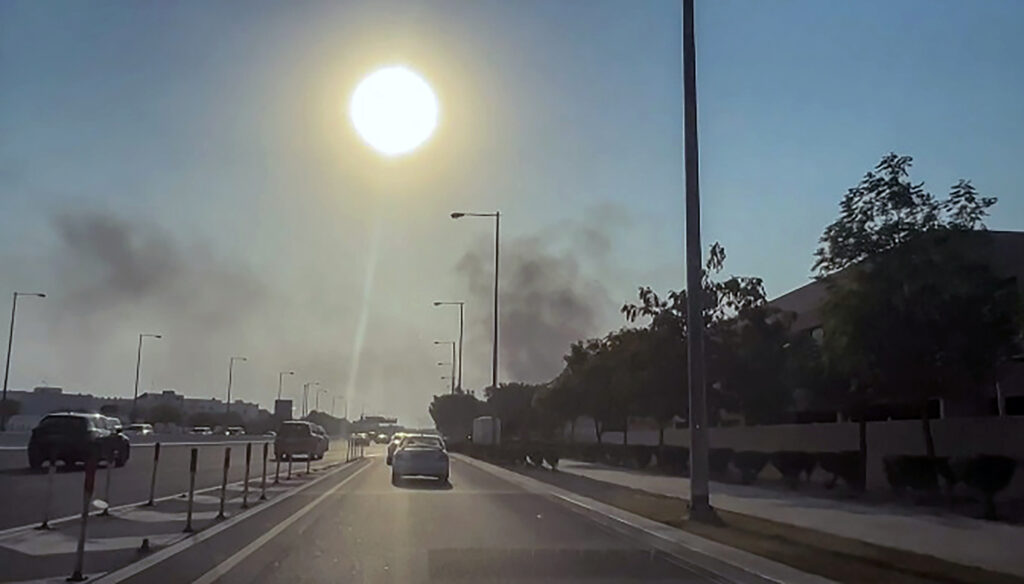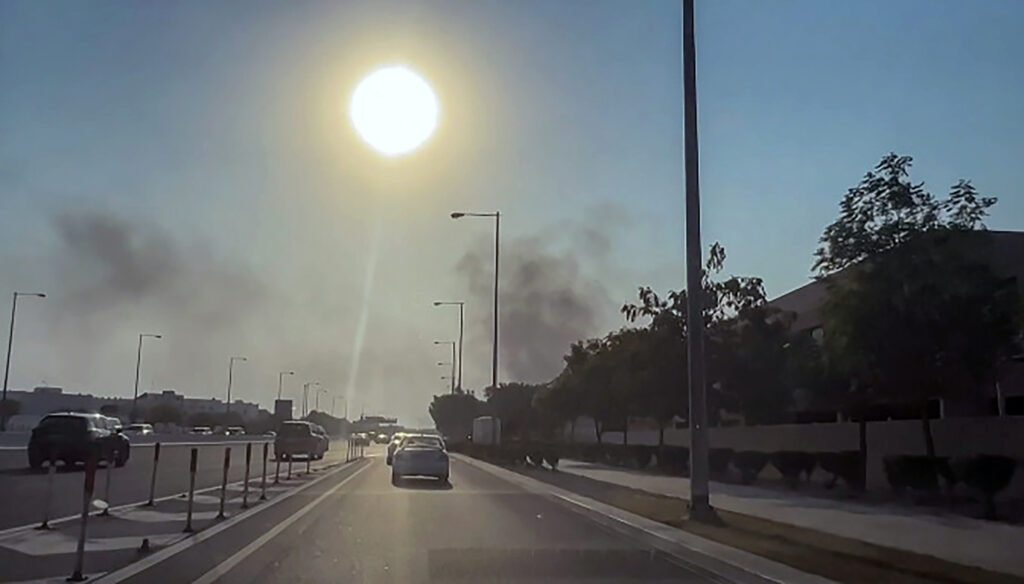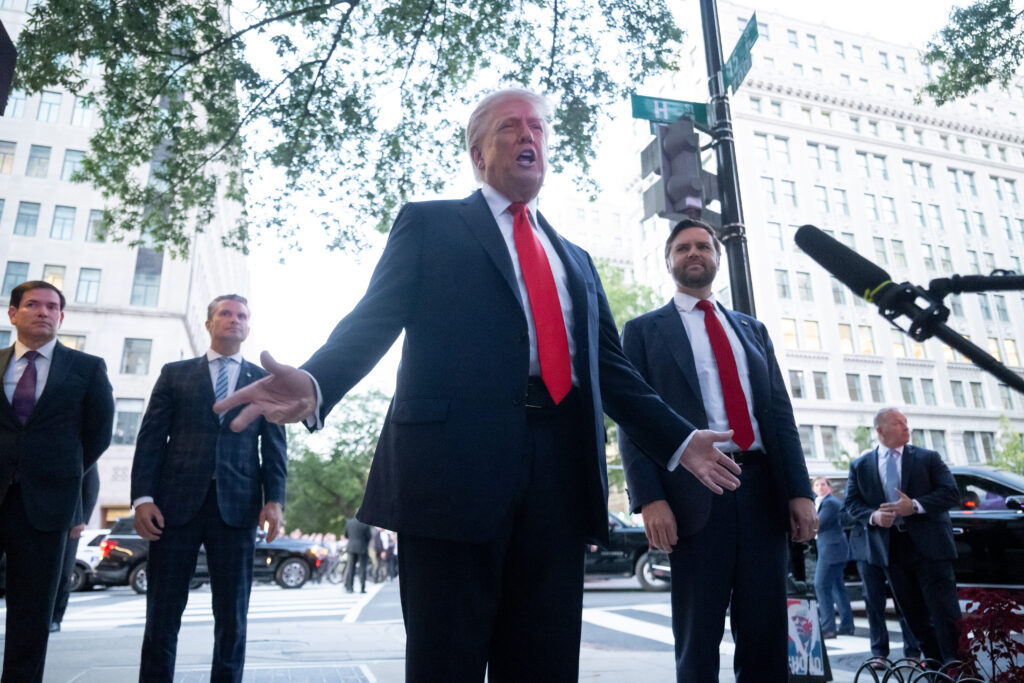Kidnapped academic Elizabeth Tsurkov released in Iraq
Iraqi Prime Minister Mohammed Shia al-Sudani and US President Donald Trump announced Tuesday the release of Israeli-Russian academic Elizabeth Tsurkov who was kidnapped in Baghdad in March 2023.While Iraq said a “group of outlaws” kidnapped Tsurkov, Trump announced she was released by the powerful pro-Iran Kataeb Hezbollah group.”As a culmination of extensive efforts exerted by our security services over the course of many months, we announce the release of the Russian citizen, Elizabeth Tsurkov,” Sudani said on X. Trump posted on his Truth Social platform that Tsurkov “was just released” by Kataeb Hezbollah “after being tortured for many months” and was now at the US embassy in Baghdad.Sabah al-Numan, the military spokesman for the Iraqi prime minister, said later in a statement that “following extensive and high-level security and intelligence efforts… authorities succeeded, on September 9, in locating and reaching the site of her detention.”Tsurkov was delivered to the US embassy to “facilitate her reunion with her sister, a US citizen,” he added. The former captive’s sister, Emma Tsurkov, thanked Trump, his special envoy Adam Boehler, the US embassy in Baghdad and the non-profit group Global Reach for their roles in securing the release.”My entire family is incredibly happy. We cannot wait to see Elizabeth and give her all the love we have been waiting to share for 903 days,” she posted on social media Numan said Tsurkov was kidnapped by a “group of outlaws” without naming any party, and added that Iraq’s security forces “will continue to pursue all those involved in this crime and ensure they are held accountable.”- Phd candidate -Tsurkov, a doctoral student at Princeton University and fellow at the New Lines Institute for Strategy and Policy, went missing in Iraq in March 2023.She had likely entered Iraq on her Russian passport and had travelled to the country as part of her doctoral studies.She was active on Twitter, where she has tens of thousands of followers and describes herself as “passionate about human rights”.In Baghdad, she had focused on pro-Iran factions and the movement of Iraqi Shiite leader Moqtada Sadr as part of her research on the region.She was abducted as she was leaving a cafe in the Iraqi capital’s Karrada neighbourhood, an Iraqi intelligence source told AFP in 2023.Israeli authorities blamed Kataeb Hezbollah for her disappearance, but the group implied that it was not involved.- Kataeb Hezbollah? -Kataeb Hezbollah did not claim in 2023 the abduction, but a source in the group told AFP Tuesday Tsurkov was released to spare Iraq any “conflicts”.She “was released according to conditions, the most important of which was to facilitate the withdrawal of US forces without a fight and to spare Iraq any conflicts or fighting,” the source said.”She was released and not liberated. No military operation was carried out to free her,” the source added.Like other armed groups trained by Iran during the war against the Islamic State group (IS), Kataeb Hezbollah were integrated into the regular security forces as part of the Hashed al-Shaabi or the Popular Mobilisation force (PMF).However, the faction has developed a reputation for sometimes acting on its own.The group and other Iran-backed Iraqi factions have been calling for the withdrawal of US troops deployed in Iraq at Baghdad’s invitation as part of the anti-IS coalition. US forces in Iraq and neighbouring Syria were repeatedly targeted by Kataeb Hezbollah and other pro-Iran groups following the outbreak of the Gaza war in October 2023.They have responded with heavy strikes on Tehran-linked targets, and the attacks have halted.The US and Iraq have announced that the anti-IS coalition would end its decade-long military mission in federal Iraq in 2025, and by September 2026 in the autonomous Kurdistan region in the country’s north.




